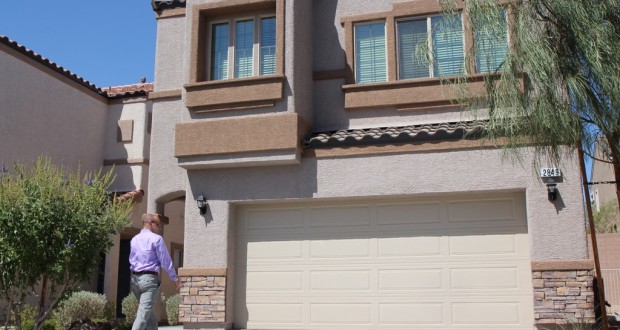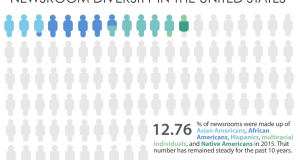Nevada is becoming an attractive place for Chinese investors to park their money. Some real estate professionals expects a trend to bring more jobs and economic growth to Las Vegas in the next 10 to 20 years.
Chinese investors rank as the second-highest spenders in the U.S., bringing more than $15 billion into the country’s $1.2 trillion real estate market, according to an April 2016 report by the National Committee on U.S.-China Relations and Rhodium Group.
Formerly, California was one of the top places for investment, where almost 31 percent of the entire Asian population in the U.S. lives.
The housing crisis dramatically increased California’s home prices in 2008, bringing the median home price up to $655,100. Just in the last year, it’s increased by 4.7 percent whereas, in Nevada, home prices average at $216,400, according to Zillow.
“It’s way too expensive in California [and] it will get more expensive next year,” said Betty Chan, a Las Vegas- based real estate broker of Asian American Realtor.
“Most of Chinese residents already have families in California, so they prefer to be close to them,” Chan said.
Jason Schielke, a Las Vegas-based realtor of The Schielke Group, has worked with international investors from Europe and Asia for more than six years. He said they are starting to purchase commercial properties on a bigger scale than residential properties.
“I will say it’s slowing down,” Schielke said. “I see more investors on commercial real estate now.”
After the casino-based economy in Macau, China suffered from a severe economic recession, some buyers switched their main target to commercial real estate in Las Vegas to continue their investments.
Out of $15 billion commercial real estate from 2010 to 2015, more than 57 percent includes usage of industrial, office and hospitality, according to Californian research firm Rosen Consulting Group data. It showed that most Chinese investors put more cash into hotels and casinos than apartments and retail.
On the Strip, billion-dollar Chinese developments are still being planned. Malaysia’s Genting Group is investing $4 billion into a Chinese-themed resort with 175,000-square-foot Great Wall replica. It will be the first mega property wholly- developed by an international firm in Las Vegas.
A major Chinese electric car company, Faraday Future — which is trying to challenge U.S. carmaker Tesla — plans to construct its first U.S. manufacturing facility to Vegas through a $1 billion investment.
The start date has not been announced yet.
“Without any interruption from [Chinese] government and with our governor’s commitment to make Nevada a business friendly state, I am sure they will continue investing in Las Vegas,” said Chan.
 VOICES Publishing from the AAJA National Convention
VOICES Publishing from the AAJA National Convention








